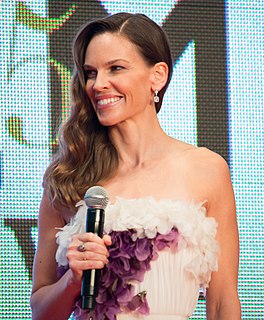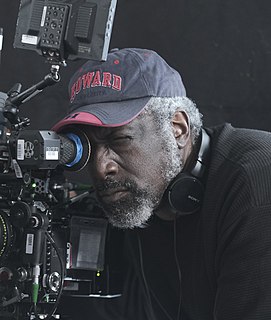A Quote by Aleksandar Hemon
I tend to wait for true stories to mature into fiction. Most of my fiction grew out of a long-germinating real-life situation.
Related Quotes
Writing fiction is not a profession that leaves one well-disposed toward reading fiction. One starts out loving books and stories, and then one becomes jaded and increasingly hard to please. I read less and less fiction these days, finding the buzz and the joy I used to get from fiction in ever stranger works of non-fiction, or poetry.
I grew up reading crime fiction mysteries, true crime - a lot of true crime - and it is traditionally a male dominated field from the outside, but from the inside what we know, those of us who read it, is that women buy the most crime fiction, they are by far the biggest readers of true crime, and there's a voracious appetite among women for these stories, and I know I feel it - since I was quite small I wanted to go to those dark places.
With fiction, you are creating an imaginary world. And it can be a very mechanical process. In a fictional film, you create the characters who become "real people" when facing the camera. When you stop shooting, they change their costumes and become someone else. And people tend to believe in documentary more than fiction. Even if the fiction is based on a true story, everybody will say, "Oh, they're only actors."
In some ways I spend longer at non-fiction because there are a lot of different threads to bring together. But non-fiction is more reflective than immersive. The problem with fiction sometimes is that you have to leave the real world to enter the fictional one. And that takes so much, goes into your head for so long?.?.?.?I don't know, I just feel less inclined toward that these days, and more inclined to remain in my own life. I do like really good fiction, but it's getting harder to hold my attention in a novel.






































